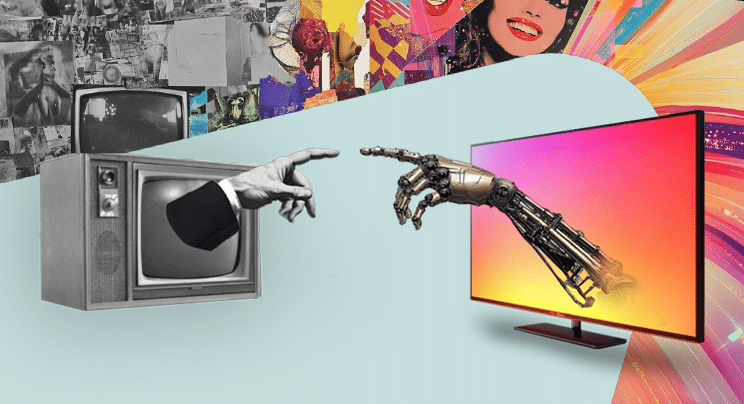Hawaii becomes first all-DTV state

Hawaii became the first state to switch from analog to digital television (DTV) broadcasting last Thursday, due to the nesting habits of an endangered bird. By all accounts the transition went smoothly.
The early deadline in Hawaii was ordered so analog transmission towers could be taken down on the slopes of Maui’s Haleakala volcano before the nesting season of the dark-rumped petrel, a volcano-dwelling endangered bird.
An estimated 20,000 Hawaiian households rely solely on over-the-air television, with 90 percent hooked to a pay television provider. About 900 people called about transition problems prior to the shutdown. Calls after the shutdown were relatively light, officials said.
Officials at an FCC call center made last-minute checks with some 20 TV stations around the islands before the shutdown. All, with one exception, reported they were ready for the switch. A PBS station on the Big Island reported it hadn’t yet received equipment to send its digital signal south of Hilo to the southernmost point in the nation, South Point. PBS has been the only station serving the rural area. The problem was expected to last for several days.
As the deadline loomed, teams of volunteers and contractors made house calls to residents who were struggling to hook up the converter box or install new antennas. The effort helped reduce the number of calls from frustrated viewers.
“The calls we’re getting now are from those people who are waking up and saying, ‘Oh, my God, what do I do?’” Lyle Ishida, the FCC’s Hawaii digital TV project manager, told the Associated Press.
“No matter how many commercials we run, there will always be a certain part of the population that doesn’t get the message,” Chris Leonard, president of the Hawaii Association of Broadcasters, told the Associated Press. He was helping out at the call center.
The professional video industry's #1 source for news, trends and product and tech information. Sign up below.
By noon, all stations were transmitting their digital signals at full power, and analog TV towers aired information about the transition instead of regular programming.
More than 53,000 Hawaii residents requested converter box coupons, 16,000 of which had been redeemed as of Sunday. Because TV viewers in Hawaii knew the digital conversion would occur in January, they requested their coupons sooner — before government money for the program ran out.
Even those who have converter boxes might have seen some channels go dark. Many without outdoor antennas won’t get the digital broadcasts, especially those living in the islands’ many green valleys and rural areas.
